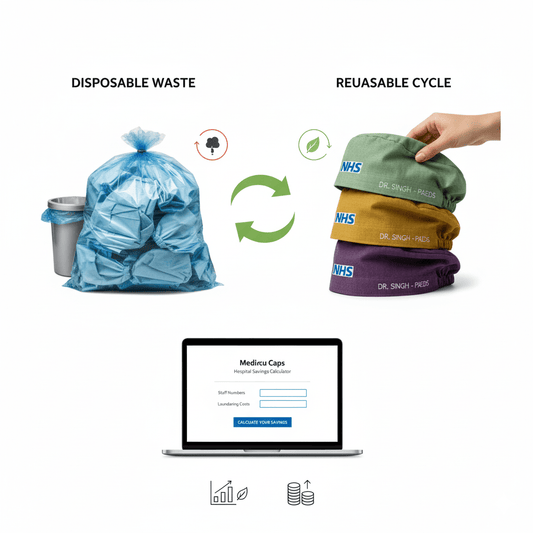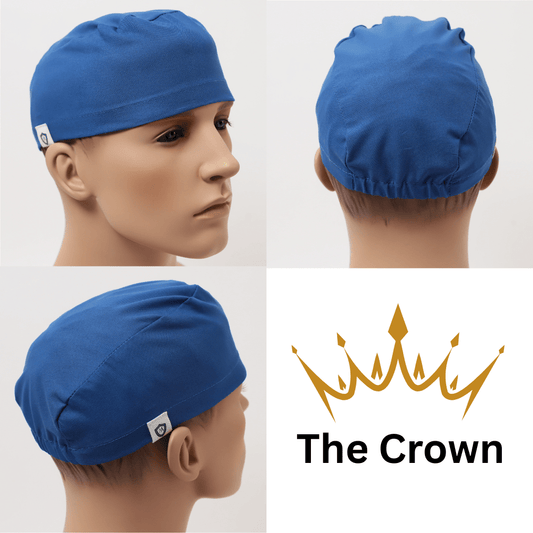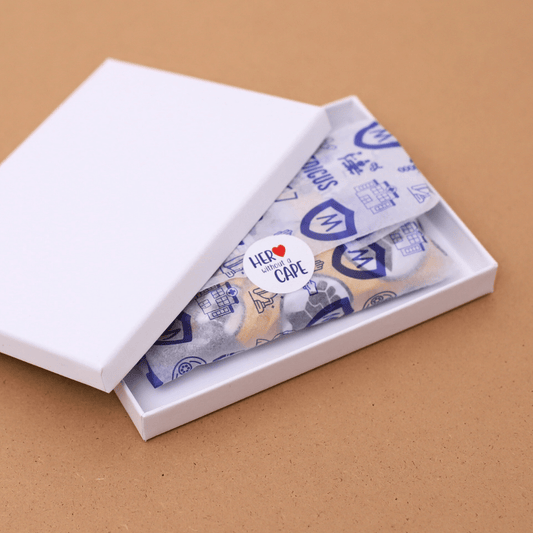
Cloth Scrub Caps Beat Disposable For Airborne Contamination
Cloth Scrub Caps for Airborne Contamination
Cloth scrub caps are widely used by healthcare professionals in sterile environments such as operating rooms. They play a key role in maintaining hygiene and preventing infection. Recently, studies have explored their ability to reduce airborne contamination. Research indicates that cloth scrub caps outperform disposable ones in controlling airborne particles.
Advantages of Cloth Scrub Caps
Cloth scrub hats, also known as surgical skull caps, create a reliable barrier against airborne contaminants. These caps are typically thicker than disposable alternatives, reducing permeability and the spread of particles. This quality makes them ideal for high-risk environments like operating rooms, where controlling contamination is essential.
A key advantage of cloth scrub hats is their secure fit. They fully cover the hair, preventing hair and skin flakes from contaminating sterile spaces. Cloth caps are often made from breathable fabrics such as cotton or polyester, which ensures comfort even during long shifts, while still offering optimal protection.
Scientific Research Supporting Cloth Scrub Caps
A 2017 study published in Science Daily examined the effectiveness of cloth versus disposable scrub caps. The research involved a one-hour mock surgery in which surgical teams wore both types of caps. They performed tasks such as gowning, gloving, and passing instruments. The findings were conclusive: cloth scrub hats provided better protection against airborne contamination, with significantly lower permeability compared to disposable caps.
While disposable scrub caps are convenient, they do not offer the same level of protection. This study suggests that cloth scrub hats are a superior choice for healthcare professionals working in sterile environments.
Key Benefits of Cloth Scrub hats
Here are some key advantages of cloth scrub hats:
- Better Protection: Cloth caps offer superior protection by reducing the passage of airborne particles.
- Secure Fit: They cover the hair completely, preventing contamination in sterile areas.
- Comfort: Made from breathable materials like cotton or polyester, cloth caps ensure comfort during long shifts.
- Eco-Friendly: Reusable cloth caps help reduce waste compared to disposable alternatives.
The Importance of Proper Laundering
To keep cloth scrub hats effective, healthcare workers must wash them regularly. Surgeons and hospital staff need to ensure proper cleaning to avoid contamination. Hospitals must establish procedures for laundering scrub caps to the highest standards. If hospitals neglect proper washing, it can significantly undermine the benefits of cloth scrub hats.
Conclusion
Cloth scrub hats offer a cost-effective, eco-friendly, and efficient alternative to disposable caps. They prevent airborne contamination and provide vital protection in sterile environments. As more research supports their effectiveness, cloth scrub hats are becoming an essential part of surgical attire. However, maintaining their effectiveness requires consistent and proper laundering. Link here!






1 comment
Have tests for contamination on the caps been carried out after 4 to 5 hour laparoscopic procedures on genuine surgeries……were instruments are constantly entering and exiting trocars….which are inserted into cavities that are inflated with surgical gas?